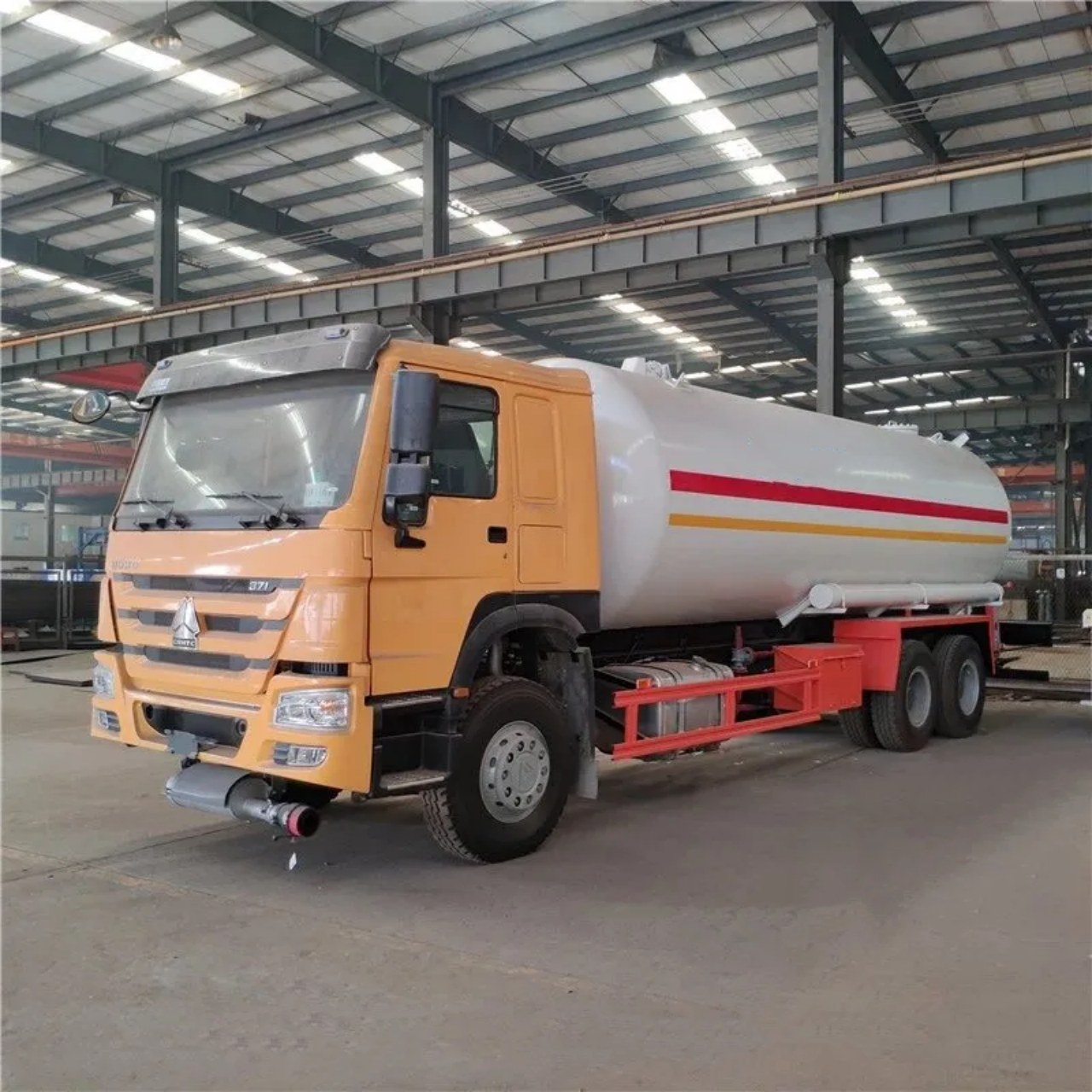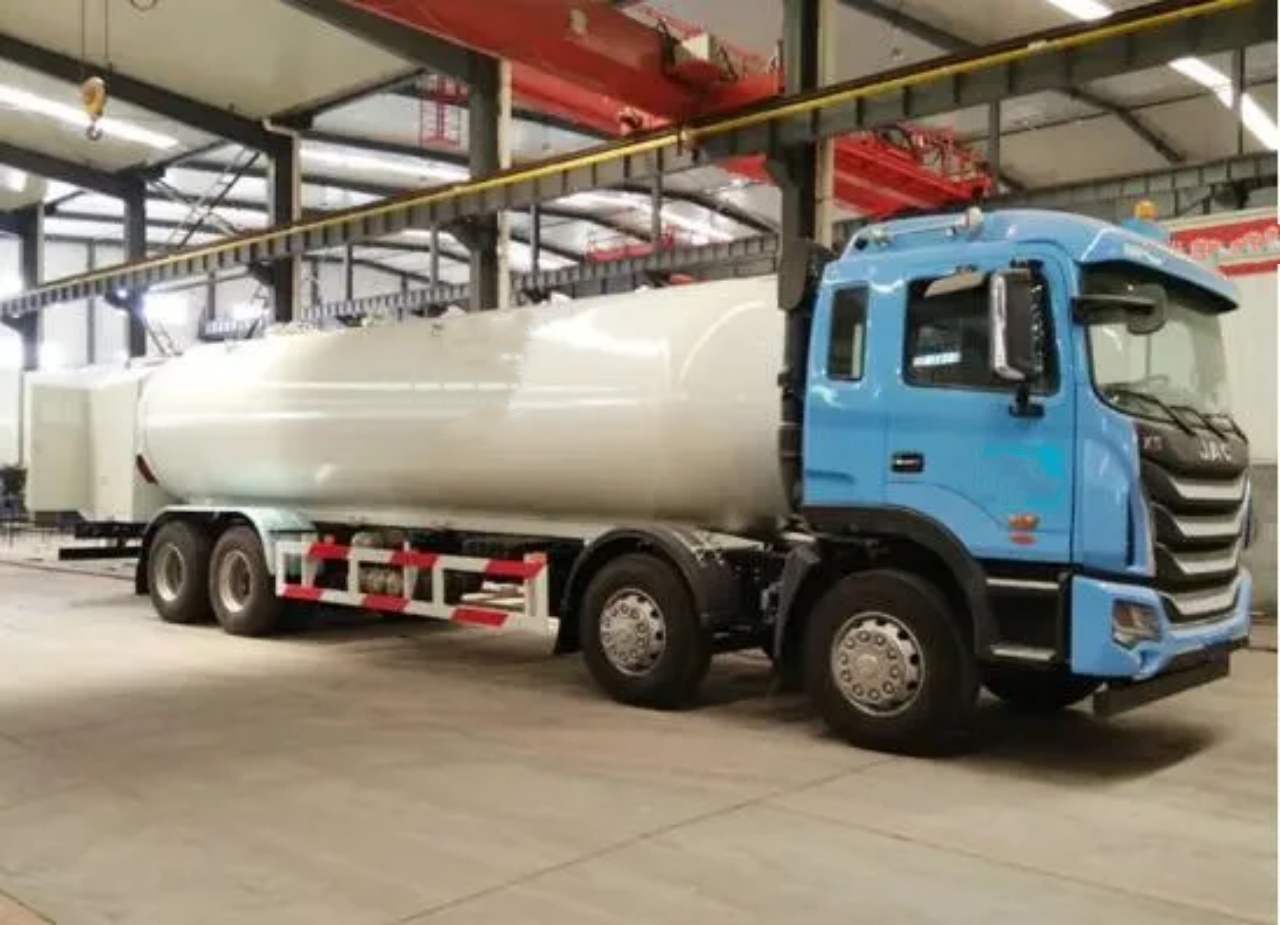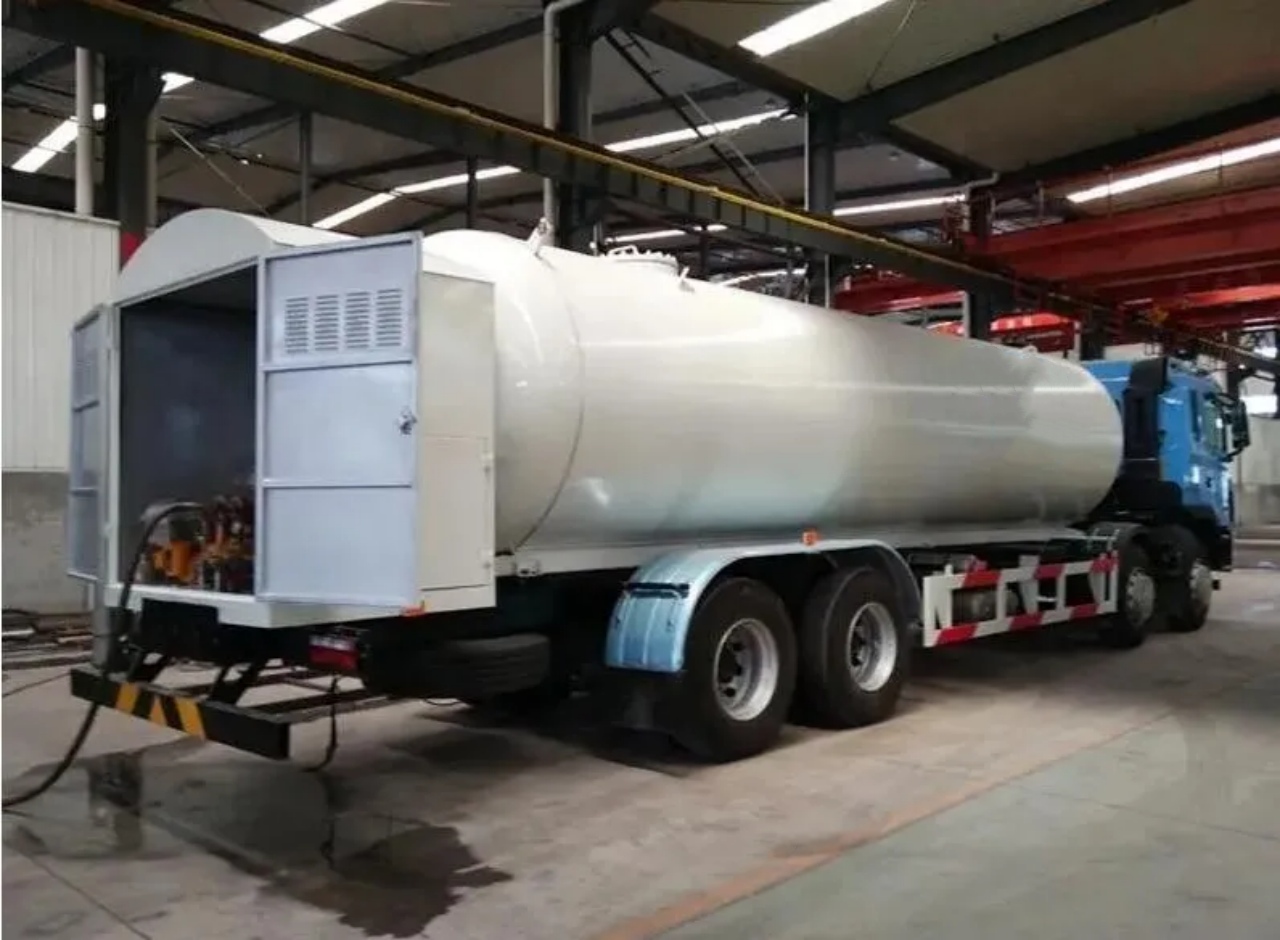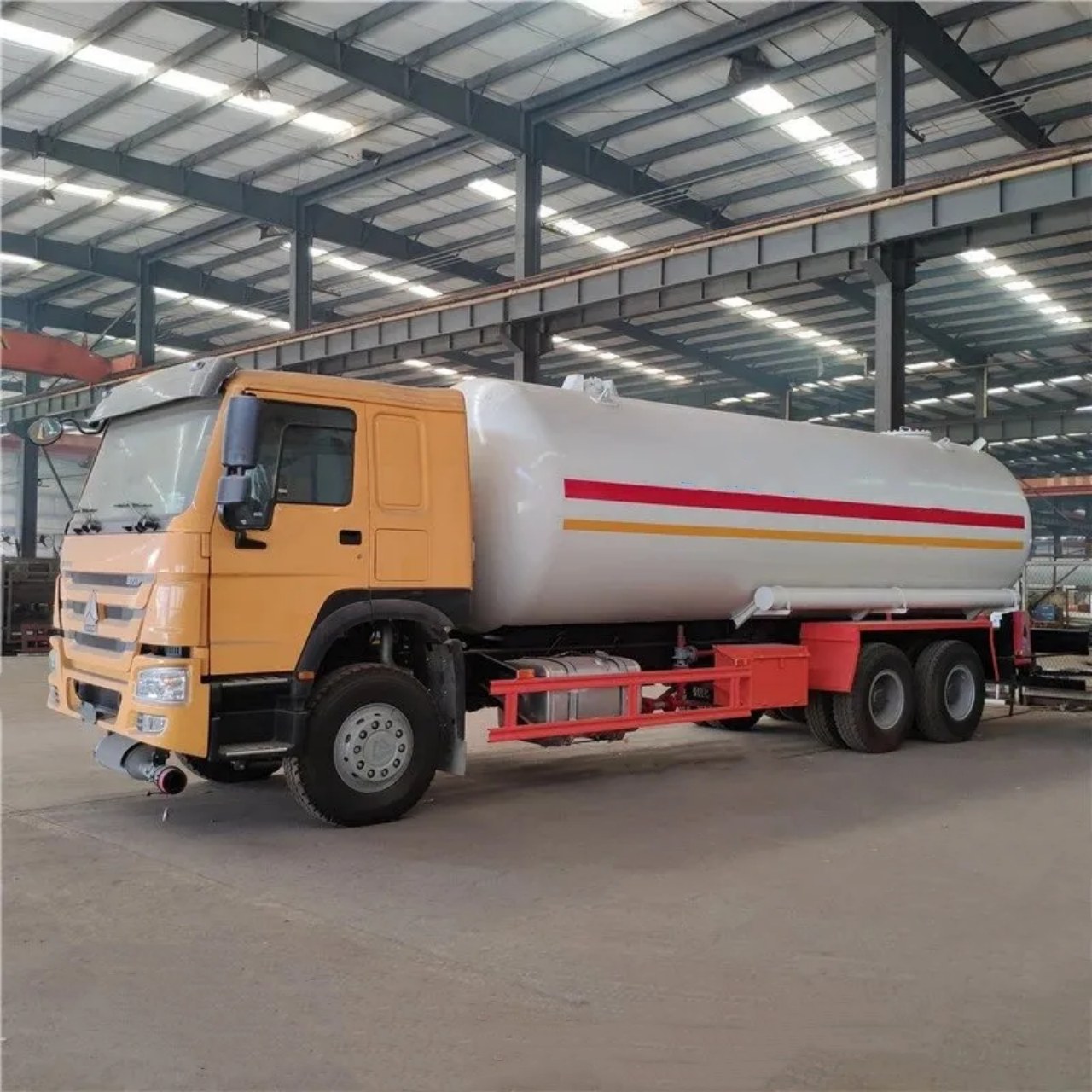Propane plays a crucial role in residential, commercial, agricultural, and industrial energy needs. From heating homes and powering appliances to fueling forklifts and drying crops, propane’s versatility is undeniable. But how does this liquefied petroleum gas (LPG) make its way from refineries to end-users safely and efficiently? Enter the propane truck—a highly specialized vehicle designed specifically for the safe transport and delivery of propane gas.
In this article, we’ll explore what kind of truck a propane truck is, the different types used in the propane industry, how they are built, and the safety features that make them suitable for handling such a flammable and pressurized substance.
Understanding a Propane Truck
A propane truck, often referred to as a bobtail truck, is a purpose-built or modified vehicle designed to transport liquefied propane gas (LPG) under pressure. These trucks are fitted with cylindrical tanks and high-grade pumping and metering systems that allow for the safe and precise dispensing of propane.
Unlike generic cargo trucks or tankers, propane trucks must meet strict federal and local regulatory standards due to the hazardous nature of their cargo. These vehicles are essential components of the propane distribution chain, delivering gas from bulk storage facilities to residential tanks, commercial sites, and smaller retail propane stations.
Types of Propane Trucks
There are generally 2 main categories of propane trucks:
1. Bobtail Trucks
Bobtail propane trucks are the most common type seen on roads. They are medium-duty to heavy-duty trucks fitted with large, horizontal pressure vessels mounted on the chassis. The term “bobtail” refers to the short wheelbase and the fact that these trucks typically operate as a single unit without a trailer.
Key Characteristics:
- Capacity: 1,000 to 5,000 gallons
- Built on chassis like Freightliner, International, Kenworth, Peterbilt, or Ford
- Equipped with onboard metering systems, hoses, and nozzles for direct-to-tank delivery
- Typically used for local deliveries to homes, farms, and businesses
2. Transport Trucks (Propane Tanker Trailers)
Transport trucks are larger vehicles used to move large volumes of propane from refineries or storage terminals to distribution points like bobtail depots or commercial users with bulk tanks.
Key Characteristics:
- Capacity: 9,000 to 12,000 gallons
- Tractor-trailer combination, often 18-wheelers
- Equipped with safety features for highway transport
- Not typically used for individual tank fills
Components of a Propane Truck
Propane trucks are engineering marvels designed with high safety and operational standards. Here are the main components that define a propane truck:
1. Pressure Vessel (Tank)
The core of the truck is its ASME-certified pressure vessel. These tanks are constructed from thick steel and built to withstand internal pressures typically around 250 psi. The tank must be able to resist corrosion and mechanical stress.
2. Chassis and Cab
Manufacturers often choose robust chassis capable of bearing the weight of the fully loaded tank. The cab can be conventional or cab-over-engine (COE), depending on operator preference and region.
3. Pump and Metering System
A hydraulic or PTO (power take-off) driven pump pushes the propane through a certified metering system. The meter ensures accurate dispensing for billing and delivery records.
4. Hose Reel and Nozzle
Most bobtails carry a 75- to 150-foot delivery hose wound on a reel. The nozzle is designed for secure connections to customer tanks, minimizing the risk of leaks.
5. Control Systems
Modern propane trucks come with digital control panels, data loggers, and safety interlocks to automate and safeguard delivery operations.
6. Safety Equipment
These trucks are required by law to have:
- Emergency shut-off valves (ESVs)
- Remote shut-off systems
- Pressure relief valves
- Fire extinguishers
- Static bonding cables
- Placards and markings indicating hazardous material
Regulatory Compliance
Transporting propane isn’t just about having a strong tank and a good pump. Propane trucks are governed by a combination of federal, state, and local regulations:
- U.S. Department of Transportation (DOT): Sets specifications for highway transportation of hazardous materials.
- NFPA 58 (Liquefied Petroleum Gas Code): Details installation, operation, and maintenance standards.
- Federal Motor Carrier Safety Administration (FMCSA): Oversees driver qualifications and safety inspections.
- Environmental Protection Agency (EPA): May require vapor recovery systems and emissions control.
All propane truck operators must carry a Hazmat (H) endorsement on their commercial driver’s license (CDL) and undergo recurrent training in propane safety and emergency response.
Uses of Propane Trucks
Propane trucks are utilized in various sectors:
- Residential Delivery: Home heating, cooking, and backup generators
- Agricultural: Crop drying, heating barns, pest control
- Industrial: Forklifts, boilers, furnaces
- Commercial: Restaurants, hotels, laundromats
- Recreational: Filling stations for RVs and grills
Each use case may require slightly different configurations, such as different hose lengths or tank capacities.
Safety and Innovations
The hazardous nature of propane demands constant innovation. In recent years, propane trucks have seen advancements such as:
- Automated leak detection systems
- GPS tracking and routing software
- Remote telemetry for tank levels
- Anti-roll stability systems
- Eco-friendly engines (including some running on propane itself)
These technologies reduce environmental impact, improve driver efficiency, and minimize risk.
Maintenance and Inspections
Routine maintenance is critical for propane trucks. This includes:
- Tank pressure testing (hydrostatic or pneumatic)
- Valve and gasket checks
- Pump calibration
- Brake, tire, and suspension inspection
- Hose integrity tests
Failure to maintain propane trucks can lead to catastrophic consequences, including fires or explosions. Regulatory bodies require periodic inspections and detailed recordkeeping to ensure ongoing safety.
Conclusion
A propane truck is far more than just a tanker on wheels—it’s a highly specialized piece of equipment essential for the safe and efficient transport of 1 of the most widely used fuels in the world. Whether delivering fuel to remote rural homes or supplying massive quantities to industrial plants, propane trucks serve a vital role in the modern energy infrastructure.
Built to stringent specifications, equipped with advanced safety systems, and operated by skilled professionals, these trucks are the unsung heroes behind the scenes, ensuring homes stay warm, crops get harvested, and businesses keep running. Understanding the kind of truck a propane truck truly is gives us a deeper appreciation for the engineering and logistics that power our everyday lives.






